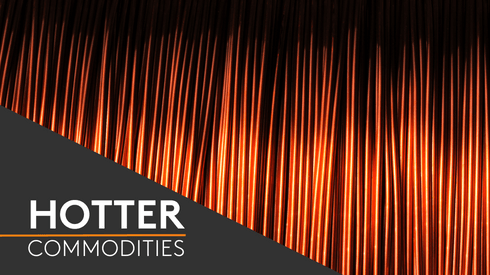A total of 123,830 tonnes of alumina were exported from China to Russia last month, up by 113,881 tonnes from 9,949 tonnes in March – more than a 12-fold increase, according to Chinese customs data released last Friday, May 20. In April 2021, Russia accounted for just 136 tonnes of Chinese alumina exports.
Overall, China’s alumina exports totalled 167,724 tonnes last month, a 13-fold increase from 12,955 tonnes in March. April’s exports are more than 19 times the 8,700 tonnes that China shipped abroad a year earlier.
In contrast, China imported just 73,474 tonnes of alumina in April, down by 61.1% month on month and 68.7% lower year on year, according to Chinese customs data.
This is the first time since 2018 that the country had become a net exporter of alumina.
Sources familiar with the situation in the market told Fastmarkets that Chinese alumina exports to Russia were likely to have peaked last month.
But they expect Russia to remain a major buyer of Chinese alumina in the coming months since it had few countries to turn to for raw materials amid the sanctions imposed against it.
“[Chinese alumina] exports to Russia will continue, as long as demand is there, although the volumes might not be as big as before,” a trader in Shanghai said.
Russian aluminium giant Rusal has lost roughly 40% of alumina supply since the invasion of Ukraine.
In March, Rusal halted production at its 1.7-million-tonnes-per-year Nikolaev alumina refinery in Ukraine, which typically accounted for around 20% of its total alumina capacity.
The Australian government has banned the export of alumina and bauxite to Russia in response to its invasion of Ukraine.
Australian alumina had typically accounted for 20% of Russia’s supply previously.






